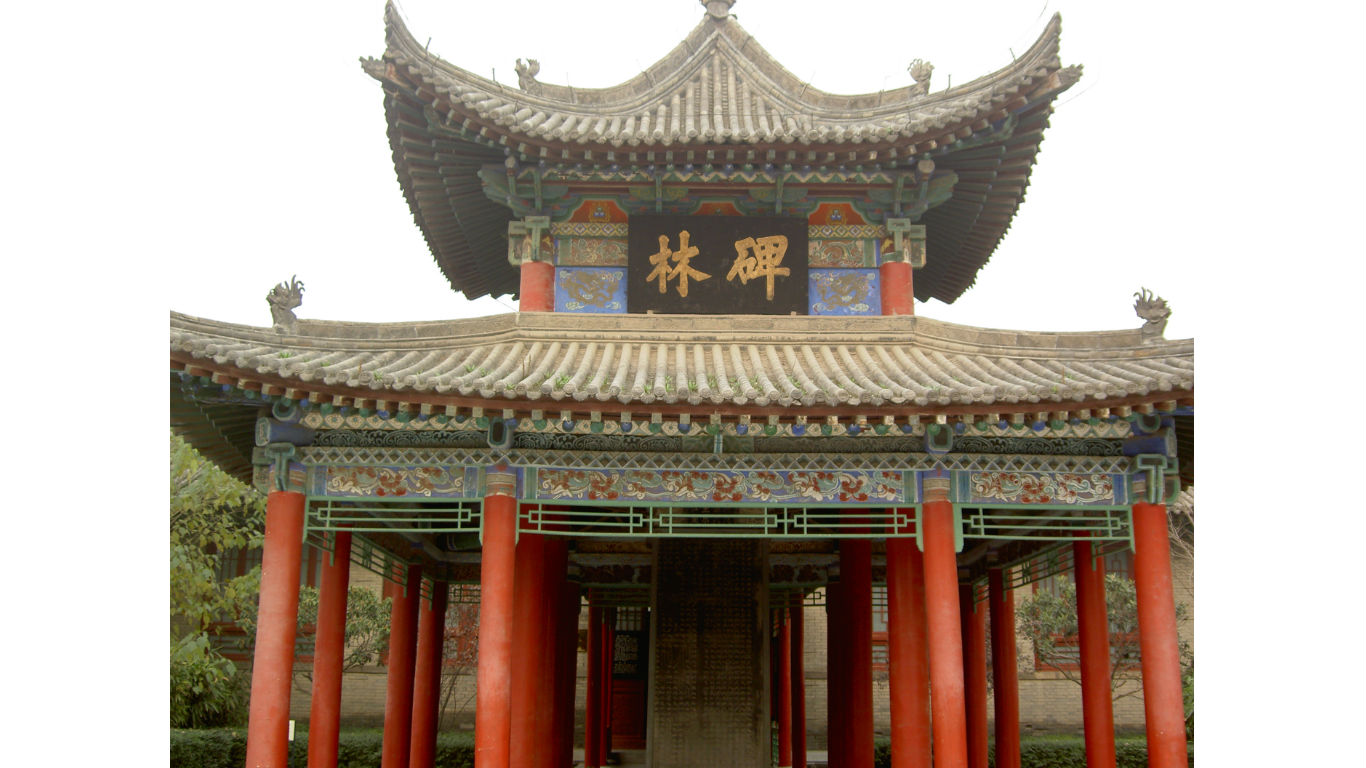
China made some concessions in trade talks. According to The Wall Street Journal:
Beijing sought to ease tensions with Washington as its top trade negotiator told U.S. officials that China was planning to reduce auto tariffs and boost purchases of soybeans and other crops, according to people in both capitals briefed on the discussions.
The two sides held a teleconference involving Treasury Secretary Steven Mnuchin, U.S. Trade Representative Robert Lighthizer and Chinese Vice Premier Liu He, the first session since the two sides had reached a 90-day trade truce on Dec. 1 in Buenos Aires. But it is unclear if the early pledges will suffice to pave the way for a full trade deal by the March 1 deadline.
Tencent Music was unable to aggressively price its initial public offering. According to The Wall Street Journal:
Tencent Music Entertainment Group priced its IPO at the low end of expectations, capping a rocky process of going public but still marking one of the biggest U.S.-listed debuts in recent years.
The Chinese music-streaming company’s initial public offering priced at $13 per American depositary share Tuesday afternoon, the bottom end of its $13-to-$15 expected range. The offering raised roughly $1.1 billion for the company and its selling shareholders.
Huawei could lose a large Japanese client:
SoftBank Group Corp. is assessing the impact of eliminating less-expensive Huawei Technologies Co. gear from its Japanese network following a U.S. campaign to restrict the Chinese company’s business in countries allied with America.
SoftBank, which operates Japan’s third-largest mobile phone network, relies on Huawei to offer competitive prices against its two bigger rivals, which together control about three-quarters of Japan’s cellphone market and plan to cut phone rates by as much as 40%. SoftBank and Huawei have worked together on trials to roll out high-speed fifth-generation, or 5G, technology by 2020.
Google’s CEO was hit with tough questions as he appeared before a congressional committee. According to The New York Times:
Google’s chief executive, in perhaps the most public display of lawmakers’ unease with his company’s influence, was grilled on Tuesday about everything from search result bias and the data Google collects about its users to plans for a censored service in China.
Sundar Pichai, an engineer who rose through Google’s ranks to become its leader three years ago, faced more than three hours of questions from the House Judiciary Committee. Republicans expressed concerns about unfair treatment of conservatives, and lawmakers in both parties zeroed in on privacy issues.
President Trump made another threat to shut down the federal government. According to Bloomberg:
An Oval Office confrontation between Donald Trump and the top two Democrats in Congress has set Washington on course for a partial government shutdown next week, as the president hardened demands for border wall funding and vowed to take responsibility for the impasse.
The sit-down on Tuesday with Senate Democratic leader Chuck Schumer and House Democratic leader Nancy Pelosi quickly devolved into acrimony — highlighting the gulf between Democrats and Trump over must-pass U.S. spending legislation while putting a possible compromise further out of reach.
A cyberattack on Marriott probably came from China. According to The New York Times:
The cyberattack on the Marriott hotel chain that collected personal details of roughly 500 million guests was part of a Chinese intelligence-gathering effort that also hacked health insurers and the security clearance files of millions more Americans, according to two people briefed on the investigation.
The hackers, they said, are suspected of working on behalf of the Ministry of State Security, the country’s Communist-controlled civilian spy agency. The discovery comes as the Trump administration is planning actions targeting China’s trade, cyber and economic policies, perhaps within days.
Thank you for reading! Have some feedback for us?
Contact the 24/7 Wall St. editorial team.




